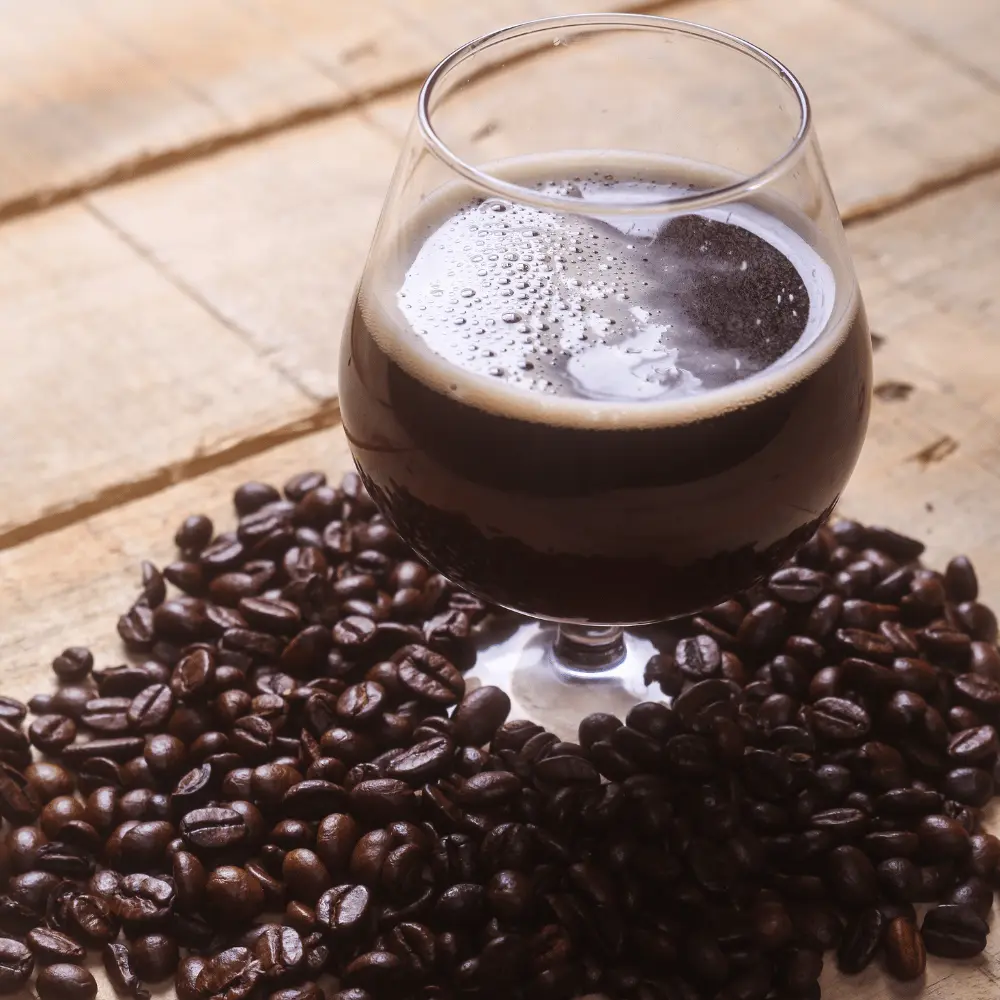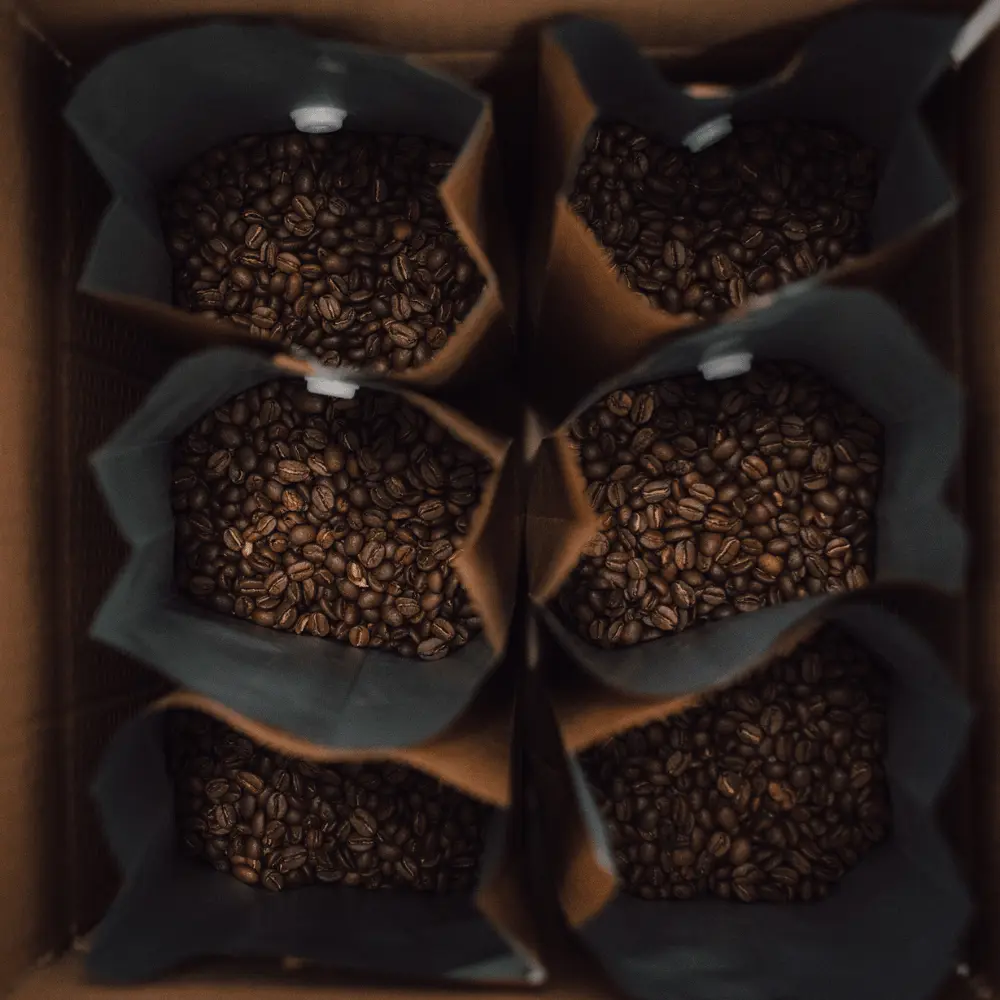As individuals who take care of pets, our ultimate goal is to provide our beloved furry companions with the best of everything, including the occasional indulgence in some of our personal favorites, such as coffee. However, it is crucial to bear in mind that the intricate processes of our pets’ bodies may yield a different reaction to various substances, in comparison to our own. This leads us to ponder the widely asked question: “Can dogs drink coffee?” As responsible pet owners, it is imperative that we grasp the implications of caffeine on dogs before exposing them to our beverages. In this all-inclusive guide, we will delve into the effects of coffee on dogs, why caffeine could be perilous to them, what steps to take in case of emergency, and the safer alternatives available for dogs to indulge in. Join us in exploring the diverse realm of caffeine and dogs, as we strive to ensure the safety and well-being of our beloved companions.

Caffeine – What is it and How Can it Endanger Dogs?
Caffeine is a naturally occurring stimulant present in a wide range of food and drink products, which includes coffee, tea, chocolate, and some medicinal items. This stimulant influences the central nervous system and can induce a rise in heart rate, blood pressure, and body temperature, in both humans and dogs. Nonetheless, dogs are significantly more vulnerable to caffeine in comparison to humans, and even a negligible amount can be fatal to them. Ingestion of any substance that contains caffeine can lead to caffeine poisoning, with the severity of the symptoms varying based on the amount consumed.

How does caffeine affect dogs?
The deleterious impact of caffeine on dogs is comparable to that on humans, although its effects are more potent. Caffeine consumption can induce several adverse symptoms in canines, including but not limited to, increased heart rate, restlessness, hyperactivity, muscle tremors, panting, seizures, collapse, and even fatality. The rate at which caffeine is metabolized in dogs is contingent upon several variables, such as size, weight, and overall health. Puppies, smaller dogs, and older canines may be more vulnerable to the unfavorable effects of caffeine due to their inferior immune systems and smaller physique. It is therefore imperative to be cognizant of the potential dangers of caffeine and to ensure that your dog does not consume any products containing caffeine.
Caffeine is a Methylxanthine
Methylxanthines, a family of chemical compounds encompassing caffeine, theobromine, and theophylline, can be naturally found in certain flora such as the cacao plant, tea leaves, and coffee beans. (1)
Caffeine, the most prevalent methylxanthine, acts as a stimulant that can impact the central nervous system of humans. Ingestion of caffeine by humans can have a broad range of effects including augmented alertness, heightened heart rate, and elevated blood pressure.
On the other hand, dogs are more vulnerable to the toxicity of methylxanthines, including caffeine, in comparison to humans, and even minuscule amounts can trigger severe health complications. Once canines consume caffeine or any other methylxanthine, it can lead to various symptoms such as emesis, diarrhea, hyperactivity, tremors, seizures, and even fatality.
Moreover, theobromine, another methylxanthine predominantly found in chocolate, poses a particular threat to dogs. Chocolate possesses elevated concentrations of theobromine, and even a small amount of chocolate can be deleterious to canines. Among the different types of chocolate, dark chocolate and baking chocolate present higher levels of theobromine than milk chocolate, thereby increasing the risk of toxicity to dogs.
Understanding the Lethal Dose of Caffeine for Dogs
The determination of the quantity of caffeine that may be deemed excessive for dogs is subject to multifarious factors, including the dog’s dimensions, mass, and overall physical condition. Nonetheless, as a general guidepost, minuscule quantities of caffeine are replete with peril and have the potential to be lethal for dogs.
As per the American Society for the Prevention of Cruelty to Animals (ASPCA), a mere 20 milligrams of caffeine per pound of body weight could provoke critical symptoms of caffeine toxicity in dogs, implying that even a trifling amount of caffeine, for instance, a few swigs of coffee or a small chunk of chocolate, could be detrimental to a petite dog.
To contextualize, a regular-sized cup of coffee comprises approximately 95 milligrams of caffeine, while a can of soda may contain anything from 30 to 50 milligrams of caffeine. As is conspicuous, these amounts of caffeine could facilely outstrip the threshold for toxicity in dogs, particularly those with diminutive statures.
What are the symptoms of caffeine poisoning in dogs?
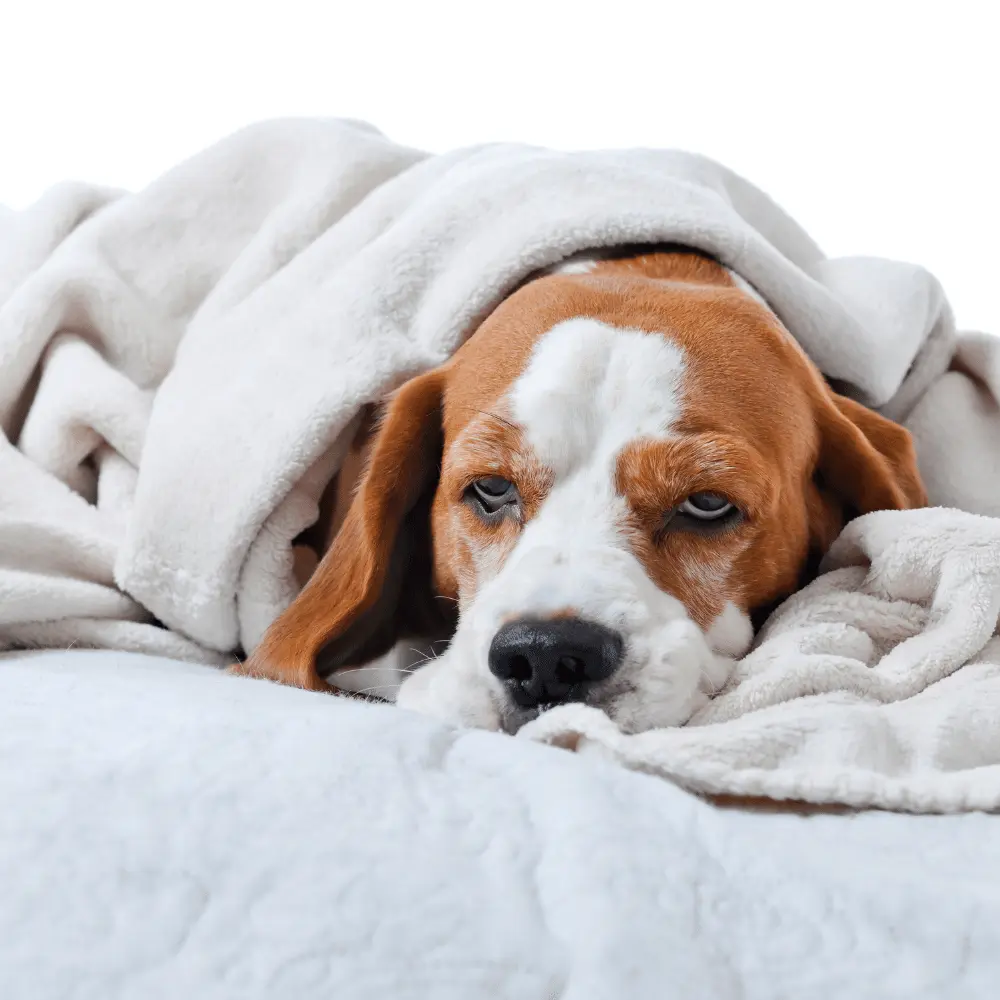
The signs and symptoms of caffeine poisoning in dogs may manifest anywhere between 30 minutes to two hours after ingestion and can range from mild to severe. Common indications of caffeine poisoning in dogs include, but are not limited to, panting, restlessness, hyperactivity, muscle tremors, vomiting, diarrhea, an elevated heart rate, and in severe cases, seizures, and collapse. It is of utmost importance to act expeditiously if you suspect that your dog has ingested caffeine and to promptly seek veterinary attention.
What should you do if your dog consumes caffeine?
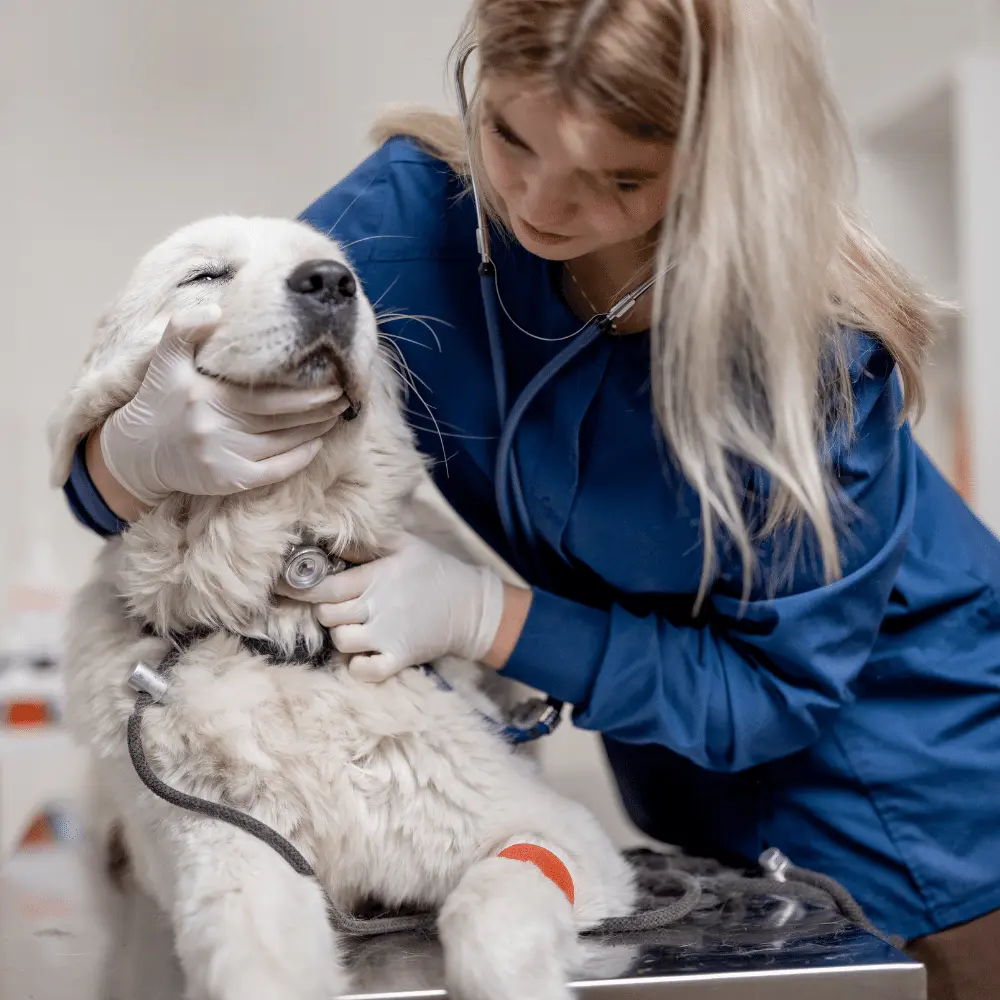
If you suspect that your dog has consumed caffeine, it is vital to take swift action to prevent any adverse outcomes. The first course of action is to contact your veterinarian to receive guidance and obtain medical attention for your dog. If possible, ascertain the amount of caffeine ingested and the time of ingestion. Your veterinarian may induce vomiting, administer activated charcoal to absorb any remaining caffeine and administer supportive care to manage symptoms. It is crucial to heed your veterinarian’s advice and follow their instructions to guarantee your dog’s well-being and safety. The best approach is to prevent your dog from accessing caffeine-containing products and ensure that any medications or other substances containing caffeine are kept out of reach.

What are the Safe Alternatives to Coffee for Dogs?
As humans, we tend to enjoy a warm cup of coffee to start our day or keep us going throughout it. However, for our canine companions, coffee can be a harmful drink due to its high caffeine content. Fortunately, there are a plethora of safe and healthy drink alternatives that dogs can enjoy without any adverse effects. In this section, we will explore the perplexing and bursty world of dog drinks, providing you with all the information you need to keep your furry friend hydrated, healthy, and happy.
What other beverages can dogs drink besides coffee?
While water is the go-to drink for both humans and dogs, it’s especially essential for dogs as it helps with their hydration and overall well-being. In addition to water, low-sodium broth, herbal tea, and bone broth can be excellent options as they provide hydration and additional nutrients that dogs need. Furthermore, some fruits like apples, bananas, and blueberries can make for a healthy and delicious snack for your furry friend. When choosing alternative drinks for your dog, it’s crucial to avoid any products containing caffeine, artificial sweeteners, or any other harmful ingredients.

Are there any health benefits to giving dogs alternative drinks?
Yes, indeed! Some alternative drinks for dogs can provide additional health benefits. For example, bone broth is an excellent source of collagen, glucosamine, and chondroitin, which help support joint health and boost the immune system. Additionally, herbal teas like chamomile can aid in soothing an upset stomach, while green tea, due to its antioxidant properties, can help promote overall health.
What are some tips for introducing new drinks to your dog?
Introducing a new drink to your dog’s diet requires a bit of patience and tact. It’s crucial to take things slow, starting with small amounts to avoid any digestive issues. Observing your dog’s reaction to the new drink is also important, and if they enjoy it without any adverse reactions, you can gradually increase the amount over time. If your furry friend is hesitant to try the new drink, try mixing it with their favorite food or use it as a reward during training sessions. Additionally, always consult with your veterinarian before introducing any new food or drink to your dog’s diet to ensure that it is safe and appropriate for them.

By providing your furry friend with healthy and safe drink alternatives, you can ensure that they remain lively and cheerful throughout their day.
How to Keep Your Dog Safe from Coffee and Caffeine
Caffeine, a potent stimulant that can cause grave harm to dogs, is one of the most commonly found toxins in households. Ensuring the safety and protection of your four-legged friend from this harmful substance should be a top priority for any responsible pet owner. In this section, we will provide you with some invaluable tips and guidelines on how to safeguard your furry companion from coffee and caffeine.
What are the possible sources of caffeine that can pose a threat to your canine companion?
Caffeine is widely distributed in various products, including coffee, tea, energy drinks, chocolate, soda, and certain medications. Moreover, caffeine can also be present in products such as weight loss supplements and pain relievers. Thus, it is crucial to be cognizant of all the possible sources of caffeine and take adequate measures to prevent your dog from accessing them.
How can you store coffee and other caffeinated products securely?
Storing coffee and other caffeine-containing products in a safe and secure location is pivotal in ensuring your dog’s safety. You can store these items in high cabinets, pantries, or other enclosed spaces that are inaccessible to your pet. Moreover, you should ensure that the containers are firmly sealed to thwart any attempt by your dog to gain access to their contents. In case you harbor any reservations regarding your pet’s potential access to these products, it is advisable to exercise caution and keep them in a location that is beyond your dog’s reach.
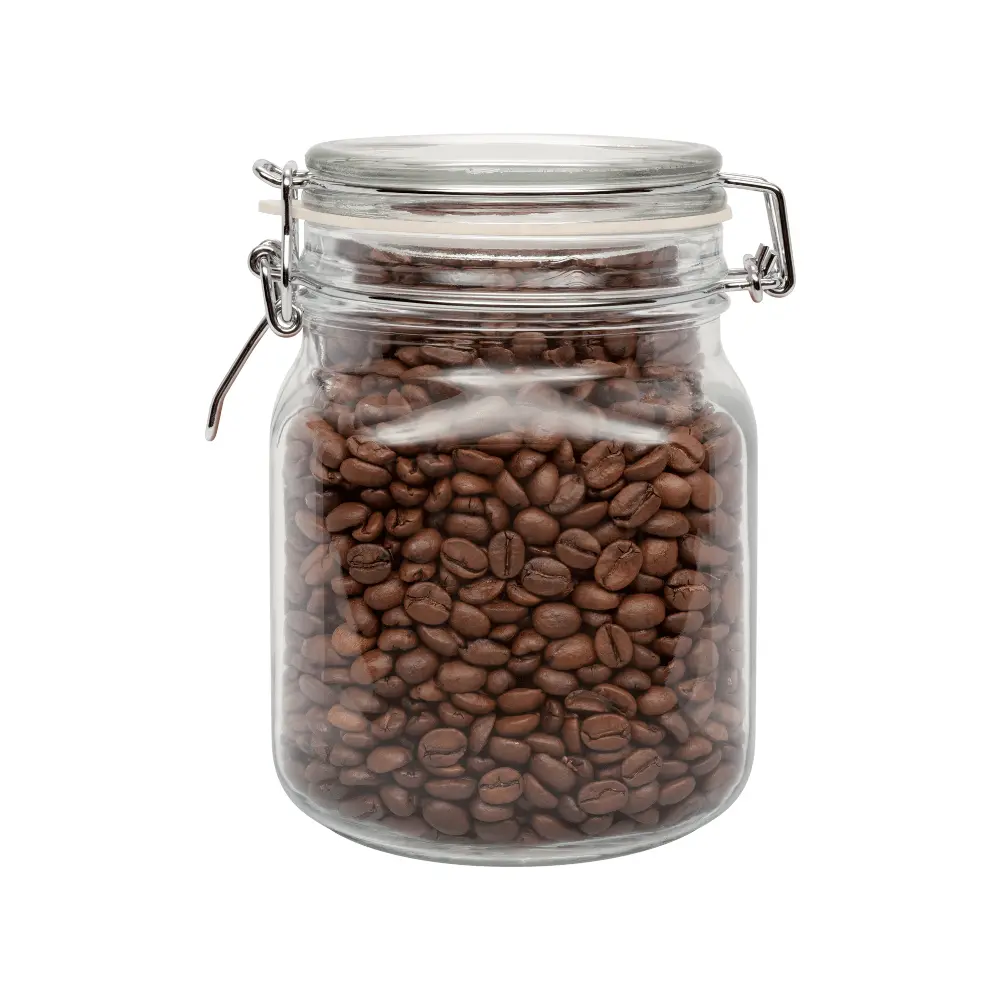
You should also take care to dispose of coffee grounds and tea bags safely, as they can pose a serious threat to your pet’s health if ingested. Additionally, you must be aware of the symptoms of caffeine poisoning in dogs and take immediate action if you suspect your dog has ingested any caffeine-containing product. Always seek the advice of your veterinarian if you have any concerns regarding your dog’s safety or health.
Keeping your furry companion safe from the harmful effects of caffeine is of paramount importance. By being aware of the potential sources of caffeine, storing coffee and other products securely, and adopting the necessary precautions, you can safeguard your pet’s health and well-being. These measures will enable you to enjoy your morning cup of coffee without any worries about your canine companion’s safety.
Conclusion
Pet owners must be cognizant of the perils of caffeine and take measures to safeguard their furry companions from this potentially harmful substance. While coffee and other caffeine-containing products may pose no danger to humans, they can be incredibly dangerous for dogs. This comprehensive guide on whether dogs can have coffee delves into the effects of caffeine on dogs, the reasons why it is hazardous for them, what to do in the event of an emergency, and safe alternatives for your pooch to indulge in.
It is of utmost importance to distance your dog from coffee and other products that contain caffeine and to be mindful of the potential sources of caffeine within your household. By providing your dog with healthy and safe alternatives, you can guarantee that they remain content and in excellent health. Remember, water is the optimal drink for dogs, and there are several other safe and healthy options for your furry friend to revel in.
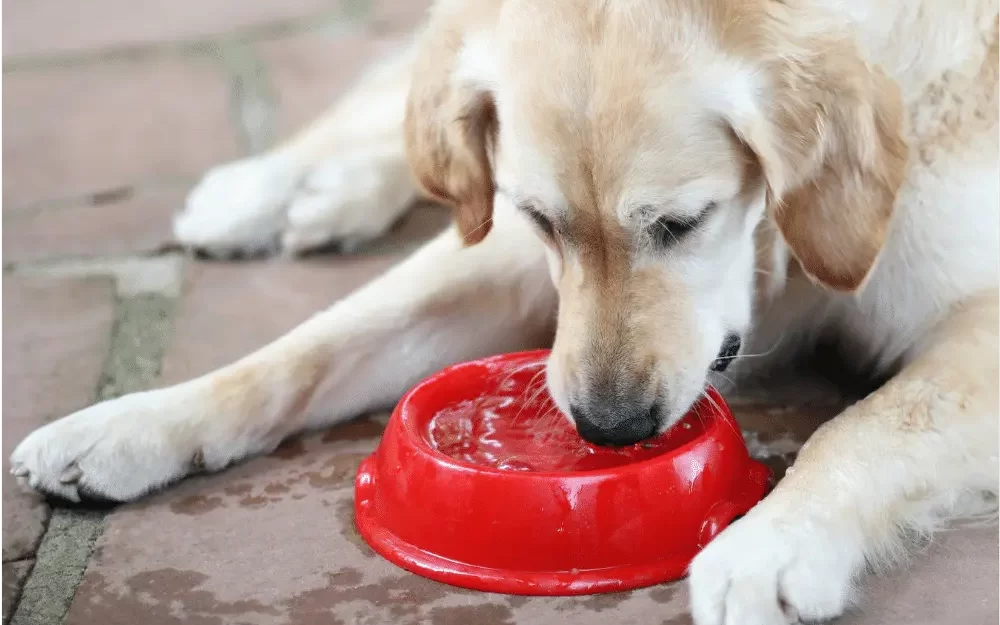
Educating yourself and taking steps to keep your dog out of harm’s way from caffeine guarantees that your beloved pet remains healthy and content for years to come. Be sure to confer with your veterinarian before introducing any new food or drink to your dog’s diet, and always keep their safety and well-being at the forefront of your mind.
FAQ
What happens if my dog eats ground coffee?
In the event that your canine companion happens to ingest some grounded coffee, it is of paramount importance to bear in mind that this could prove to be an extremely perilous predicament, as they are at a heightened risk of falling prey to the perils of caffeine toxicity. It is worth noting that grounded coffee contains an appreciable quantity of caffeine, which is a type of methylxanthine compound that can be toxic to dogs, even if ingested in minute proportions.
Can dogs safely consume decaffeinated coffee?
Although decaf coffee contains less caffeine than regular coffee, it is still not recommended for dogs to consume. Decaffeinated coffee still contains small traces of caffeine, which can be detrimental to dogs. It is best to steer clear of giving your dog any coffee, including decaf.
Is it possible for dogs to develop a dependence on caffeine?
Yes, dogs can form an addiction to caffeine, just as humans can. Caffeine is a stimulant that can elevate dopamine levels in the brain, resulting in feelings of pleasure and reward. However, caffeine addiction is rare in dogs since they are not frequently exposed to large amounts of caffeine.
What are some prevalent indications of caffeine poisoning in dogs?
Caffeine poisoning symptoms in dogs include anxiety, quickened breathing, arrhythmia, muscular spasms, and seizures. Other symptoms may include vomiting, diarrhea, high body temperature, and increased thirst and urination.
How much caffeine is too much for dogs?
The quantity of caffeine deemed excessive for dogs varies based on size and weight. In general, it is best to avoid caffeine entirely, as even small quantities can be harmful. However, as a general rule of thumb, more than 45-68 mg of caffeine per pound of body weight can be poisonous to dogs. It is essential to seek veterinary attention promptly if you suspect that your dog has ingested caffeine or is experiencing any indications of caffeine poisoning.







